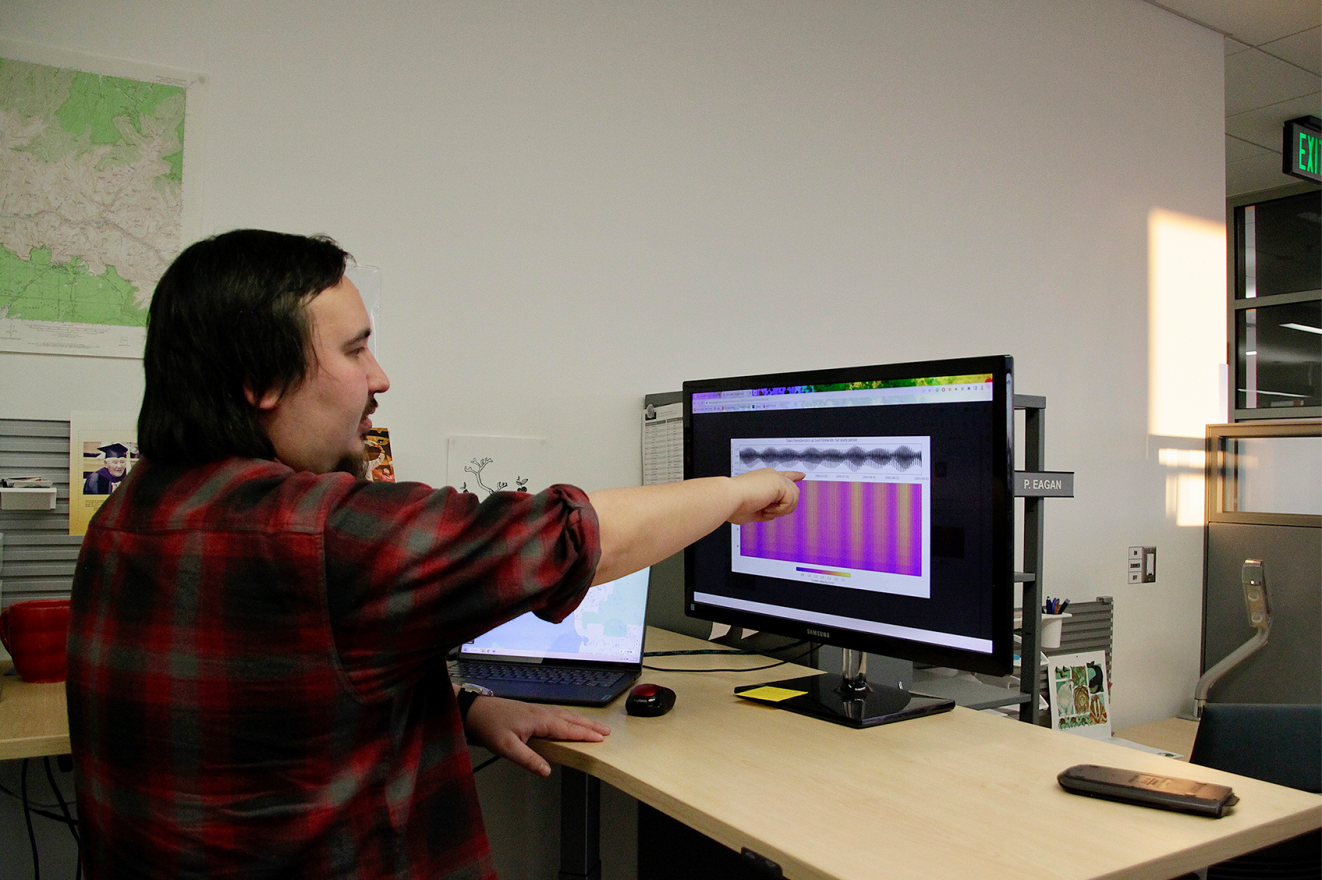 Sustainability: historical perspective. Ideas related to sustainability have been expressed by many people and cultures throughout history. "Treat the earth well: it was not given to you by your parents, it was loaned to you by your children. We do not inherit the Earth from our Ancestors, we borrow it from our Children."(A Native American Indian proverb) “Mother Nature has to be handled with care and her resources used judiciously. We must never abuse nature or else we will pay a heavy price sooner or later.”(A Hindi proverb) “The best and shortest road towards knowledge of truth [is] Nature.”(Ancient Egyptian proverb) On can also find statements made related to sustainability during the twentieth century.” A nation that destroys its soils destroys itself. Forests are the lungs of our and, purifying the air and giving fresh strength to our people.”(Theodore Roosevelt) “The road to the future leads us smack into the wall. We simply ricochet off the alternatives that destiny offers: a demographic explosion that triggers social chaos and spreads death, nuclear delirium and the quasi-annihilation of the species… Our survival is no more than a question of 25, 50 or perhaps 100 years.”(Jacques Cousteau) “The ultimate test of man's conscience may be his willingness to sacrifice something today for future generations whose words of thanks will not be heard.”(Gaylord Nelson, former governor of Wisconsin, founder of Earth Day) “Earth provides enough to satisfy every man's need, but not every man's greed.”(Mohandas K. Gandhi) Today, for society to create a culture of sustainability, it will require much interdisciplinary collaboration between people globally as described by http://sustainability.org.
Sustainability: historical perspective. Ideas related to sustainability have been expressed by many people and cultures throughout history. "Treat the earth well: it was not given to you by your parents, it was loaned to you by your children. We do not inherit the Earth from our Ancestors, we borrow it from our Children."(A Native American Indian proverb) “Mother Nature has to be handled with care and her resources used judiciously. We must never abuse nature or else we will pay a heavy price sooner or later.”(A Hindi proverb) “The best and shortest road towards knowledge of truth [is] Nature.”(Ancient Egyptian proverb) On can also find statements made related to sustainability during the twentieth century.” A nation that destroys its soils destroys itself. Forests are the lungs of our and, purifying the air and giving fresh strength to our people.”(Theodore Roosevelt) “The road to the future leads us smack into the wall. We simply ricochet off the alternatives that destiny offers: a demographic explosion that triggers social chaos and spreads death, nuclear delirium and the quasi-annihilation of the species… Our survival is no more than a question of 25, 50 or perhaps 100 years.”(Jacques Cousteau) “The ultimate test of man's conscience may be his willingness to sacrifice something today for future generations whose words of thanks will not be heard.”(Gaylord Nelson, former governor of Wisconsin, founder of Earth Day) “Earth provides enough to satisfy every man's need, but not every man's greed.”(Mohandas K. Gandhi) Today, for society to create a culture of sustainability, it will require much interdisciplinary collaboration between people globally as described by http://sustainability.org.
Sustainability: a scientist’s perspective. Since there are interactions between all the life and all the finite natural resources on our planet the sustainability of human lives and human activities depends upon the effects of human actions upon life as well
as how humans manage the finite natural resources upon which life depends. The natural resources of our planet which sustain all animal life on our world include the fresh air to breath, the fresh water to drink, the fertile soil to grow food, the forests on land and the algae in the waters to generate oxygen from carbon dioxide, and the natural filtration and recycling systems that clean waste products from our environment. The sustainability of trees and vegetation on land depend upon many species of animals, birds, and insects to help propagate the next generation of plant life on land. Similarly the sustainability of algae and plant life in the waters of our planet depends upon many species of fish life to help propagate plant life in the oceans, lakes and rivers. For people to sustain their existence they need to plan their actions so that they do not compromise the sustainability of the biodiversity and natural resources of our planet.Sustainability: a capitalist’s perspective. Until today the prevailing goal of capitalism was constant economic growth regardless of the degradation of our planet’s life support systems including a) interacting ecosystems, b)
limited natural resources, and c) our cooperative human societies. However, constant economic growth is obviously not sustainable without further degradation of our planet’s life support systems. The impossibility of constant economic growth is confirmed by today’s conditions including i) the current economic crisis, ii) the fossil fuel crisis, iii) housing and clothing shortages, iv) predicted food shortages, v) predicted fresh drinking water shortages, and vi) social unrest like terrorism. From this day forward the goal of capitalism should be to a) sustain all the life on our planet, b) sustain the lives of people and society on our planet, and c) sustain the economies and businesses on our planet, since the sustainability of each is related to the sustainability of the other. People must recognize that the negative impacts of ecological degradation and social degradation are real costs to our economy and our businesses since they both negatively impact sustainability. On the other hand, a profit should be recognized for the successful nurturing of our ecology and successful improvements to developing cooperative societies. The nurturing of ecosystems, the wise management of finite natural resources, and assistance and education given to developing cooperative societies should be considered wise investments toward improving sustainability. Once sustainability becomes the main goal of capitalism, the demand should increase dramatically for inventions which improve the ability of people to positively impact the sustainability of all i) ecosystems, ii) natural resources, iii) people, and iv) human societies. Furthermore, with sustainability as the main goal of capitalism, the wealthiest entrepreneurs will be those with the best products to help people nurture sustainability.Sustainability: an entrepreneur’s perspective. Pragmatically, all people everywhere basically require fresh air, fresh water, food, clothing and housing, fuel, sanitation, and healthcare to survive. These basic
human needs are fast becoming limited, if not unavailable, throughout our planet. Pragmatically, our economic growth driven by consumerism and unlimited development regardless of impact on our planet’s life support systems is unsustainable. Instead, I envision a new sustainable industrial global economy created by the application of discoveries in biotechnology and nanotechnology that will provide the tools needed to both sustainably satisfy basic human needs and sustain the ecosystem, INCLUDING REDUCING OR ELIMINATING OUR CARBON FOOTPRINT. Discoveries in biotechnology will be employed to more efficiently generate agricultural products, biosynthetic materials, and renewable biofuels to replace fossil fuels, and waste reprocessing services, as well as health care products.This new industrial global economy will be sustainable because conventional agriculture will be replaced by industrial agriculture which will efficiently employ people to operate facilities where the food is grown under controlled conditions. Furthermore, recombinant photosynthesis will be harnessed to capture solar energy for renewable biofuels, and, the industrial agriculture waste products will be recycled or used to produce renewable fuels.
Also, ever increasing production efficiency is assured by applying the latest discoveries resulting from biotechnology explorations published in leading
scientific journals by research groups located throughout the entire globe.Companies will compete with one another to prepare products to sustainably satisfy the huge market for basic human needs globally and locally. This competition will be driven and will continue indefinitely because these new companies will always be seeking to manufacture products more and more cost effectively by utilizing even more recent knowledge purchased in an ever expanding knowledge exchange economy.
Ever increasing efficiency in the management of natural resources throughout the globe will contribute to sustainably satisfying the demand for basic human
needs everywhere. To produce, store, distribute, and sell company products the most successful entrepreneurs will exploit cutting end technology to most efficiently manage natural resources, and, to utilize only the most efficient methods, where the definition of efficiency includes having zero or positive impact on our plant’s life support systems.">


















